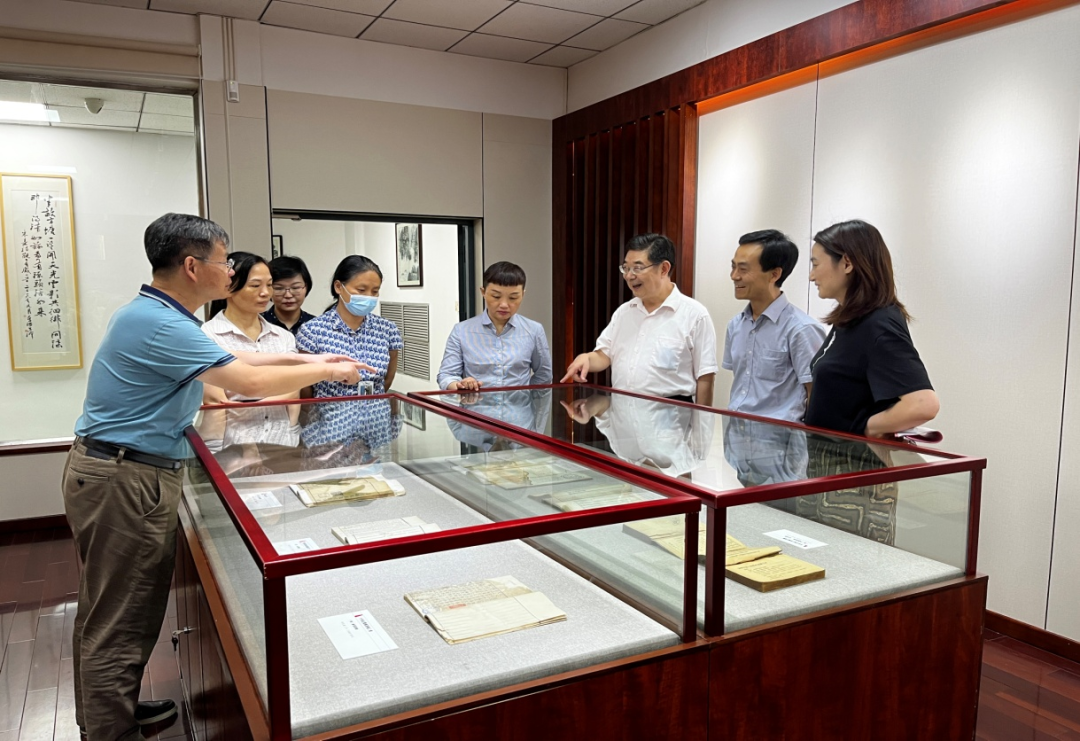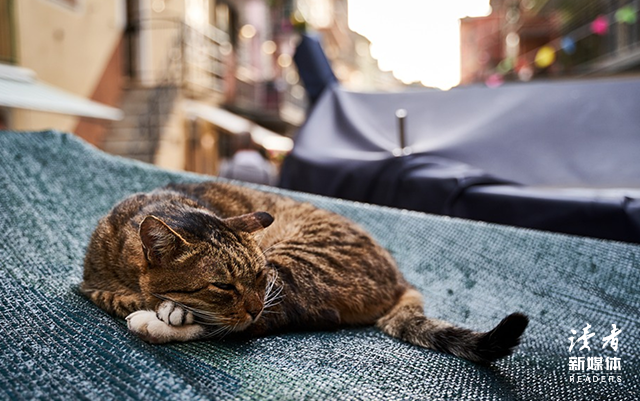Art Space 丨 Use art instead of the facial features to feel the world?
Author:China Well -off Time:2022.09.03
The "Wavelength: Perception Edge" art exhibition integrating philosophical, artistic, and fashionable is exhibited at the Beijing Times Art Museum from July 6th to September 12th. The art exhibition is based on the theme of "perception" and starts from the four different directions of "life", "soul", "material" and "world". Essence
The "Perception Edge" art exhibition gathered 12 -bit/group star -level artists from the world. They used a variety of art media to manipulate light and shadow, sound and shape to create the romance of art. These works mobilize all the senses of the audience and open a window outside the edge of perception for the audience.

"Wavelength: Perception Edge" exhibition poster.
In the part of "Part 1: Life", artists want the audience to understand that the life is in the process of perceiving the world, making the existence itself meaning. And outside the edge of perception, whether life has endless possibilities, maybe you can find the answer in contemporary art devices and technology.
In this part, one of the most impressive works is the "portal" of Mexican concept artist Mareo Rodriguez. 《传送门》是对大自然的致敬,它呈现了一个“裂缝”的形象,而这个裂缝就像是自然的“伤口”,模拟着自然世界中出现的图案,如地质裂缝、河流、静脉、 Scars, rhizomes, etc. In addition, the transitions between the cracks seem to be cured these "wounds". Echoing each other on both sides of the crack constitutes a relationship of "seemingly like", opening a new space like a portal.



Mexican concept artist Mareo Rodriguez's "Portal".
"Part 2: The mind" partly emphasizes that humans perceive with the mind. The subject of human perception of the soul, which makes life have a subjective intention to this world. The artists want to challenge the limits of spiritual perception. They use art to mobilize every sensory of the audience. They want to know what will happen outside the edge of human perception. These artworks are also their own understanding and understanding of the soul.
The work of this part is amazing.
"Spectrum (Framework)" is a work of French visual artist Olivia Hash. The artist made a row of square neon tube and presented them in a rainbow. He focuses on the perception of space, presenting objective facts, time, space, and material as a series of intangible information concepts.



French visual artist Olivia hash "Spectrum (Framework)".
"Cell in Cell" is a work of the art group Studio Swine. From time to time in the exhibition hall, it is full of bubbles, symbolizing that the life of the earth was initially formed in the "bubble". These bubbles later evolved into cells, and billions of years of cell life activity changed the earth, turned the original environment into a complex ecosystem, and evolved various lives including humans. The title "Cell in the Cell" comes from a sentence in the famous writer Nabokov's "Dark Fire", "Cells Interlinked with Cells Interlinked with Cells", which describes The moment of the earth's life "dawn".



Art Group Studio Swine's "Cell in Cell".
"Part 3: Material" partly emphasizes that material constitutes the universe in human perception, and the material exists in all life and non -life. Perhaps people have despised its significance to human beings because of the widespread existence of material, but artists use their thinking and inspiration to mark the relationship between material from time and space.
British artist Alex Kennek's large -scale art work "Alex Kachelkra opened the Beijing Times Art Museum" is one of the masterpieces of this part. The artist opened the architectural structure of the art museum with a huge stainless steel zipper, and let the audience imagine the world hidden in the art museum's wall in a teasing manner. Light out of the opening of the steel teeth, making the audience imagine the outside world. It is known for artist Chinnek to create interesting public art works. He combines art, architecture and engineering to create a spectacular and surreal effect.


British artist Alex Kacheck's large -scale art work "Alex Kachelkra opened the Beijing Times Art Museum".
In addition to giant zippers, the curtain wall composed of abandoned glasses lenses also attracts the attention of the audience. Thousands of recycled glasses are as shining like sprinkled flowing water, and the audience's figure will change with movement. The work named "Between us, a sea of sea" shows the nodes between the "connection" and "separation". The glasses seem to open the exclusive world window for each individual. When they observe the world through these windows, the reality we share is also separated into thousands of different perspectives.

The artistic work of Katelin Brown and Wayne Gilet "Between us, a sea of sea".
In this part, there is also a work called "French Leave", which comes from Lithuania artist Tao Surn. "French Leave" is an immersive art work. It is a feather -like "wheat field" hanging above the exhibition hall, as if floating on the sky. Dry plants correspond to the audience below, so that the audience can re -examine "farewell." Human farewell may occur at the end of the party, or it may be a deeper experience, such as breaking up or death. These long stems of dry grass exude a soft light, symbolizing the cycle of organic life and the vision of humans from getting rid of their own bondage -especially when facing aging and death. Lithuanian artist Tao Suda's "French Leave".

The last part of "Part 4: World" is like a summary of the first three parts. As the name suggests, the world is everything humans know, and the sum of life, soul and material. People are constantly expanding the edge of perception and exploring this world, but they can't really understand the world. But in this part, artists comforted us and trying to understand the meaning of perception of the world.
Canadian visual artist David Sprigs' "Gravity" is one of the masterpieces of this part. The work presents a rapid and fierce rotation image. This rotation is like the gravity of the earth. Although it is invisible and unable to touch it, it attracts all the human and the world with absolute strength. David Sprigs's work is always in the space between two -dimensional and three -dimensional and three -dimensional. They fit the way people perceive and understand the world, so that people will be integrated from different perspectives in their minds. Perceive how the object exists in a three -dimensional space.
"Gravity" of Canadian visual artist David Sprigs.


In addition to David Sptis's "Gravity", German artist Misha Kuba's "Five Planets" is also unique. In the work "Five Planets", the five rotating Disco balls will be reflected on the walls and floors of the exhibition on them, showing the name of the five planets in the solar system. Their light reflects throughout the space, making people feel like they are in the sky.
German artist Misha Kuba's "Five Planets".



The uniqueness of "Wavelength: Perception Edge" is that it is very philosophical and imaginative. While exploring the world, the artists challenged the limits of human perception of the world, and showed their thoughts and communicated with the audience. They created a dream -like contemporary art scene in the exhibition hall in the exhibition hall in the exhibition hall. The audience also felt the sensory shock again and again in these surreal art scenes.
———————————————————
Author 丨 School Division 丨 Li Han
Picture 丨 Model 丨 Jia Qiong
Beauty Couple 丨 月 丨 丨
Review 丨 Haruko
- END -
The Hubei Provincial Ancient Books Protection Center organized the completion of 8 national key protection units in the province

From June 28th to 30th, 2022, under the guidance of the Hubei Provincial Departmen...
"Happy garbage" is dragging down your life

Do you have such an experience in life?Booking one night and a night, although ver...